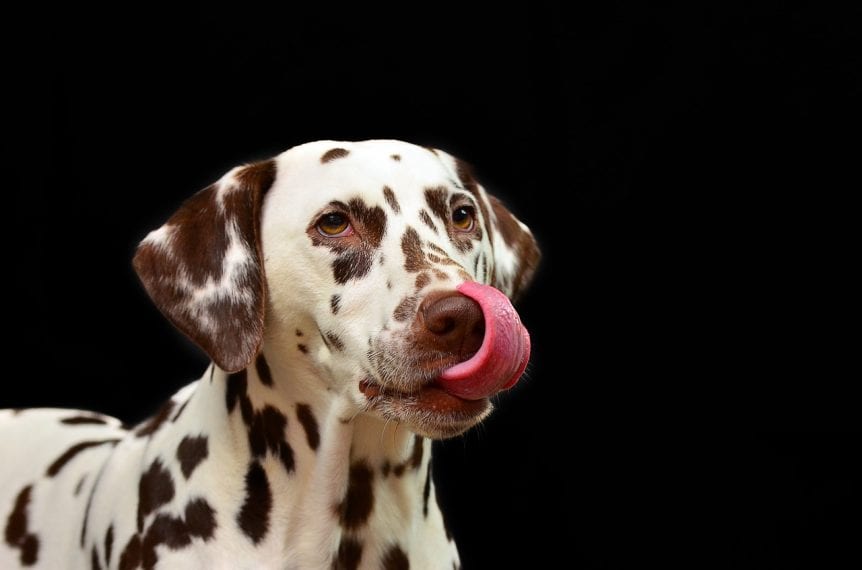If you have a dog, you know that they can never get enough food, especially what is on your plate. Although the majority of their diet should be dog food, adding a few fresh vegetables as a snack is a tasty way to add vitamins and minerals to their diet. Being high in fiber, low in fat and calories make them a great way to also aid their digestion
As with anything, portion control is important. Just because it is healthy doesn’t mean you should go overboard. Keep an eye out for any reactions they may experience when you give them any new vegetable snacks. The most common reaction to vegetables is gas, especially if you give them too many when they are not used to eating them.
You can serve your dog the following vegetables either cooked, baked, roasted, raw, steamed, grilled, dehydrated, and even pureed! NEVER add onions or fresh garlic as they are very toxic to dogs. Avoid adding salt as well. Too much salt in their diet can lead to sodium ion poisoning.
The following vegetables are safe for your dog to eat:
Potatoes: **Must be cooked, raw potatoes are toxic to dogs
Serving size: 1 – 2 wedges, based on the size of your dog
Broccoli Florets
Serving size: 1 – 2 small florets
Brussel Sprouts
Serving size: 1/2 – 2 sprouts, based on the size of your dog
Carrots
Serving size: 1 – 2 small pieces
Celery
Serving size: 1 – 2 small pieces
Cucumbers
Serving size: 1 – 2 small pieces
Green Beans
Serving size: 1 – 2 small pieces
Peas
Serving size: 1 – 2 sugar snap/snow peas.
Serving size: 1 – 2 tablespoons of English peas, based on the size of your dog
Sweet Potatoes
Serving size: 1 – 2 small dehydrated pieces, based on the size of your dog
Serving size: 1 to 2 tbsp mashed boiled/steamed sweet potato into dry kibble.
If you are new to adding vegetables to your dog’s diet, talk with your McLean, VA veterinarian to address any concerns you may have. We are always happy to answer your questions or concerns so call us today at 703-356-5000.

